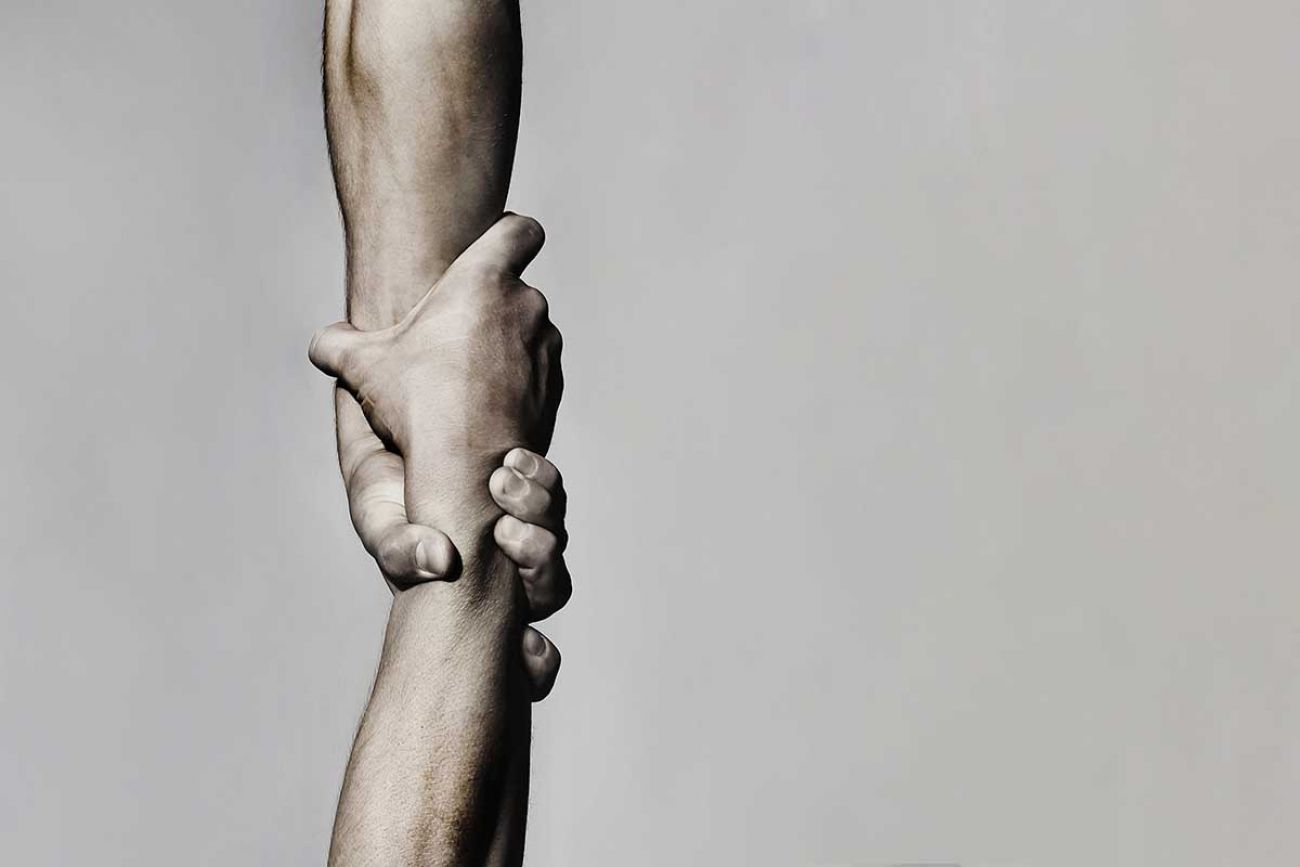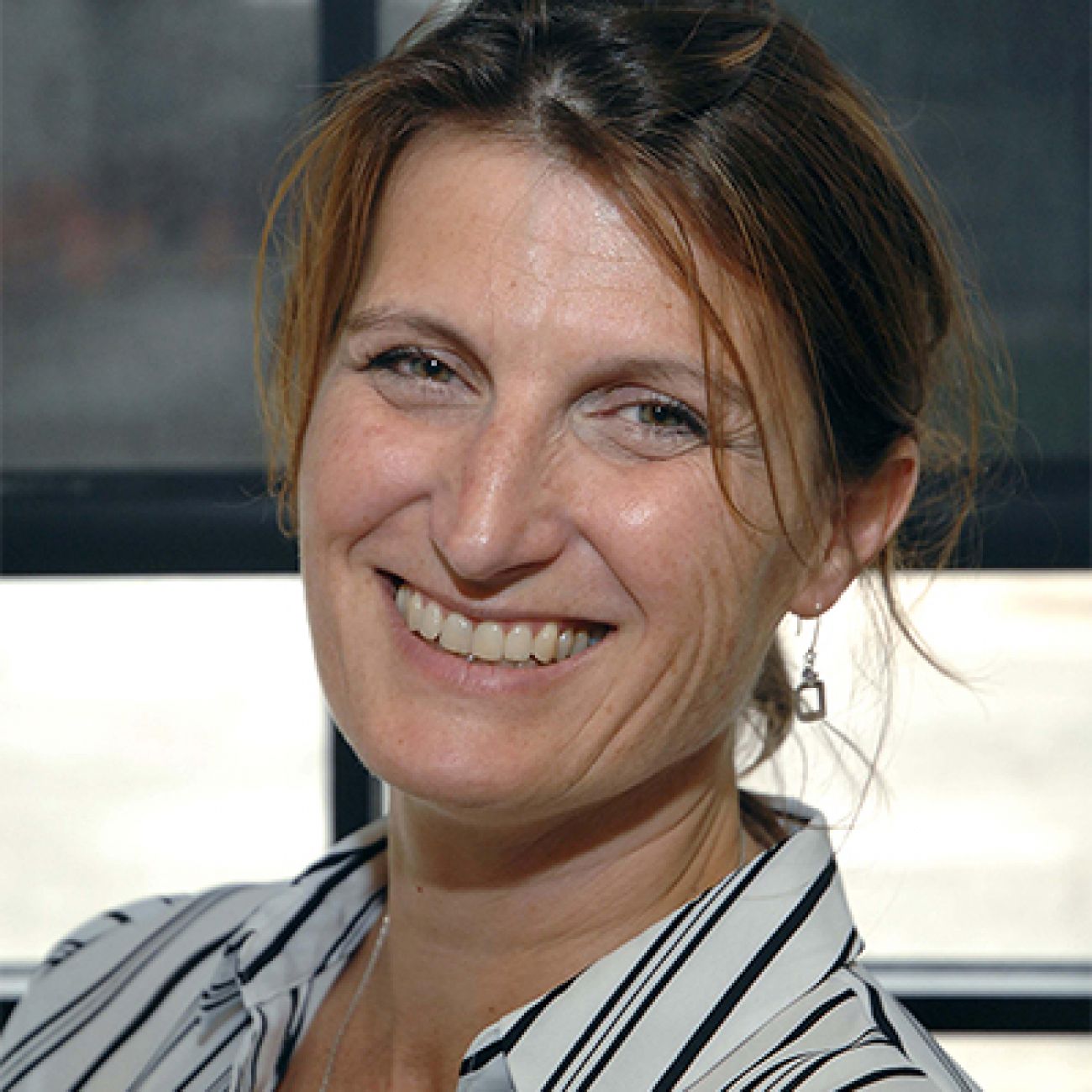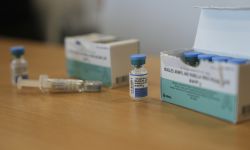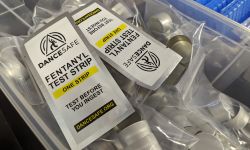My year covering the health beat during Michigan’s COVID crisis

At first, I thought we’d lost the connection. At the other end of the phone line: silence.
It was early in the coronavirus pandemic. Winter had barely given way to spring.
Finally, I could hear the slow exhale of breath from the state’s chief epidemiologist — a woman who, at the time, was undoubtedly facing a swell of data from which patterns of death and sickness were just beginning to emerge.
Fatigue, as it turned out, had momentarily derailed Sarah Lyon-Callo’s thoughts.
She apologized.
“I’m just…” another pause, “...exhausted.”
Only a few seconds long, this was nonetheless one of the most human of many jarringly human moments that defined 2020 for me — a year of agony, fear, exhaustion and, at times, joy and relief as I covered the health beat for Bridge Michigan.
There were the sobs of one woman as she stepped away from her dying husband.
The broken voice of a doctor as he read me a letter he’d written his family weeks earlier as COVID stole his breath and he’d steeled himself for death.
The anger of a daughter who, because of pandemic orders, has been unable to deliver her mom’s favorite indulgence, a slice of key lime pie, before she died.

The weariness of a Detroit doctor who, when I hoped aloud she got some rest one spring weekend as COVID bore down on Detroit, responded sharply. “Robin,” she said, “my people are dying. I cannot stop.”
But I will also remember the ugly accusations and angry pushback Michigan public health workers faced.
The irritation of a young woman I interviewed who practically spat the word “bullshit” about what she believed to be a COVID hoax. Or another who was convinced the government was trying to microchip her through a vaccine.
The resistance against health orders that were designed to make public life as safe as possible, and the public shaming (including by the president) of those who followed them.
There was the F-bomb-laden voicemail accusing me of being a “whore” for fake news and of taking orders from Satan, himself.
And there was the sense that, at some point, all of our lives would be tested before the coronavirus was through with us.
One bright day last summer, I was standing in the parking lot of an urgent care clinic, again talking with Michigan’s top epidemiologist about efforts to slow infection, as a nurse was swabbing my teenager for COVID in another section of the parking lot. (It was strep, it turns out.)
In December, I was listening to experts debate the safety of a COVID vaccine when I learned of my father’s cancer prognosis. I knew pandemic protocols would ban visitors from health care facilities, forcing my dad, who has become increasingly lost in his dementia, to face treatment alone. The next day, I was messaging another journalist about the state’s hospitals refilling with patients when she learned her great aunt died from the virus.
So as 2020 closed, I was chewed up. Like most of us.
But also inspired.
One day, when we are no longer checking COVID death and data tables or studying color-coded maps of its spread, I hope history will remember the incredible collaboration of researchers, doctors, public health workers and business people, who helped to construct makeshift protective gear, find better treatments, identify patterns in mountain ranges of data, develop better and faster testing and, eventually, miraculously, produce vaccines offering real hope.
Personally, I will also remember the doctors, nurses and other medical professionals who, despite their own exhaustion, patiently answered my questions about the virus late into the evening or on weekends.
I’ll think of essential workers who masked up to report to work, even as I was fortunate enough to remain in my makeshift office, our two rescue dogs wondering why I’m still home, with my son’s Lego Millenium Falcon behind me during Zoom meetings and conference interviews.
I’ll think of frontline health workers — some in my extended family — who performed their jobs each day despite its terrors; of the parents helping with school assignments at kitchen tables, and the retail, restaurant and other business owners forced to make wrenching decisions about their workers and their own livelihoods.
I’ll think of teachers who rushed to make their classrooms safe, only to be whipped back to teaching online. And I’ll remember the families who, even in their agony, honored us all by sharing their stories with Bridge and others.
The pandemic is far from over. And this new year isn’t going to be easy.
But may I suggest we spend less time in 2021 trying to prove who is right and who is wrong, and instead celebrate the effort it took to get us to this point — to a vaccine, to better treatments and to an end that may be in sight.
The next time someone’s beliefs wrong us, transfer that energy instead to thank a health worker, read an article on the latest scientific understanding of COVID-19, or simply call someone you know who is just trying to get to the next day.
Last year showed us how many things are out of our control. Let’s define 2021 by those things we can.
See what new members are saying about why they donated to Bridge Michigan:
- “In order for this information to be accurate and unbiased it must be underwritten by its readers, not by special interests.” - Larry S.
- “Not many other media sources report on the topics Bridge does.” - Susan B.
- “Your journalism is outstanding and rare these days.” - Mark S.
If you want to ensure the future of nonpartisan, nonprofit Michigan journalism, please become a member today. You, too, will be asked why you donated and maybe we'll feature your quote next time!








